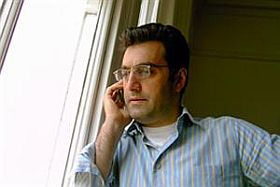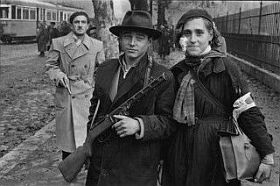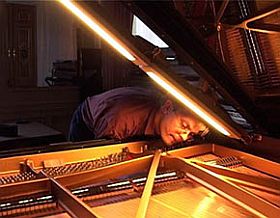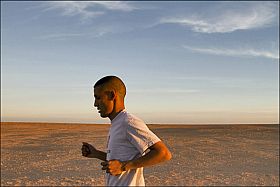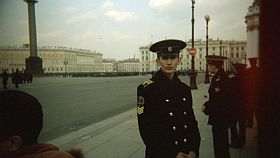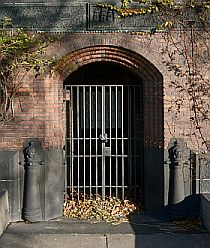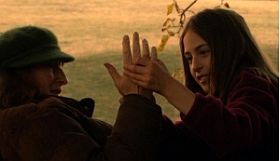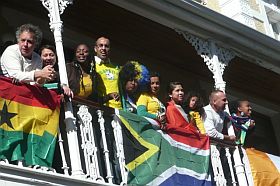


Vinylmania
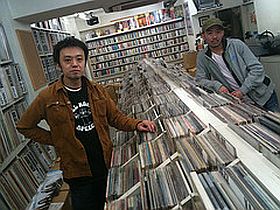
Italian director Paolo Campana has for years developed a film project on ”vinylmania”, i.e. on people who are addicted to the wonderful old records that many of us still have on shelves in our homes without using them in this digital age. A couple of days ago I read in a Danish newspaper that vinyl is coming back and that many musicians insist to have their music published in this retro manner. And many love to play them. Which only confirms what I was told a couple of weeks ago in Torino by the director and his producer Edoardo Fracchia from Stefilm, who said that NOW, finally, the film is financed. After years of pitching it around, all of a sudden an interest in broader circles appeared… and the film project has matured as a good wine that waits for the moment to be served!
This posting happens because the director and producer sent me the newsletter connected to the film-to-come with a reference to an entertaining interactive site that you – if a vinyl-addicted – might want to take part in. The photo is NOT representing the director but is taken from the site, that includes blogging, clips sent to the director and photos of passionate collectors.
